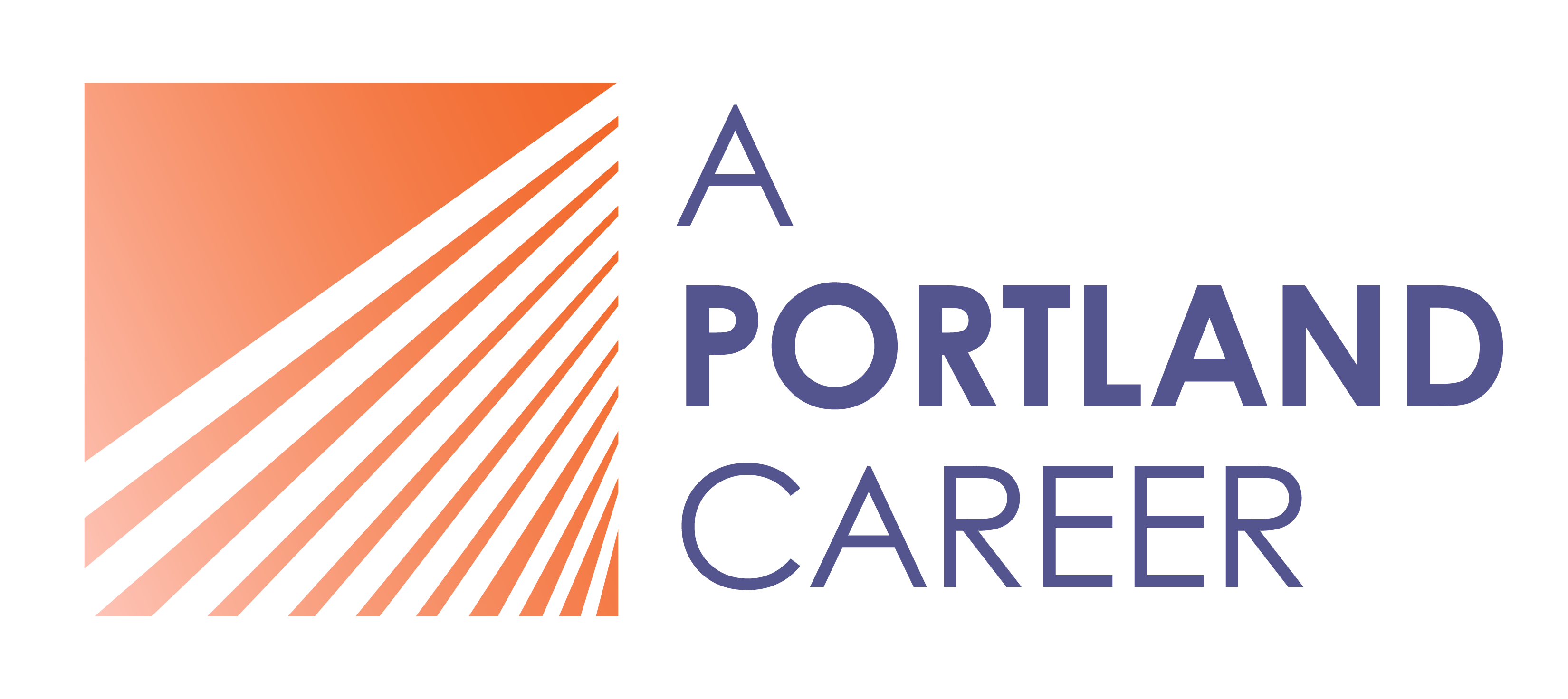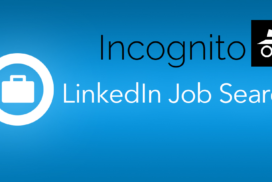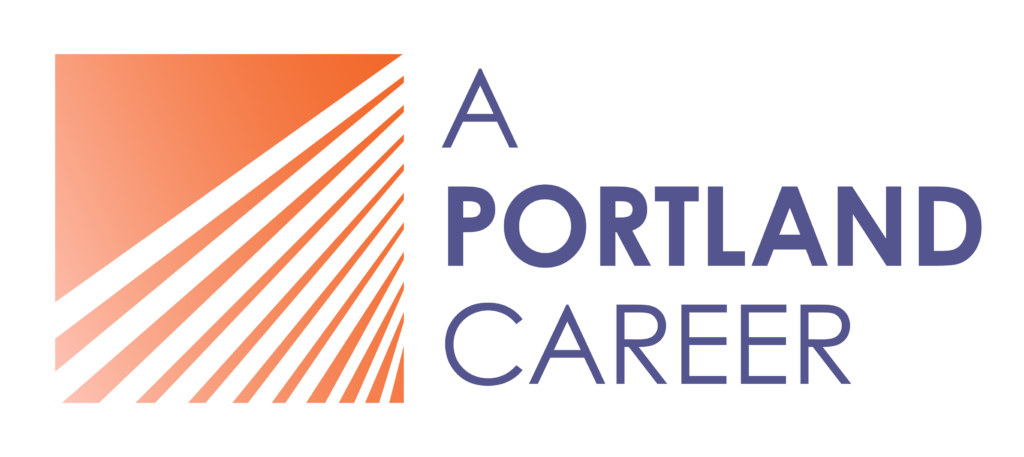Learn how to use job boards in Portland and beyond to find job listings that match your criteria for your ideal local or remote job!
Don’t overlook the value of Facebook for job search! Use these 6 recruiter-approved tips to maximize your networking on Facebook and find the right job.
6 Recruiter-Approved Tips to Maximize Facebook for Job Search
By A Portland Career, and edited by Dan Hahn, M.S., and Suzie Sherman
Stuck in your job search? We can help you get back on track.

Facebook is the world’s largest social media platform, with 2.9 billion active users as of November, 2022. It’s also the most visited; with over 67% percent of its users logging in every single day. LinkedIn gets the better wrap, but why don’t you give Facebook a spin and maximize your job search?
Although it’s primarily considered a social networking site (emphasis on the social) a growing number of recruiters are on Facebook (the flagship platform from Meta) to post job announcements and research prospective candidates. While LinkedIn still leads the pack in terms of career planning—used by 87% of recruiters—a healthy 55% have reported using Facebook for their employment initiatives. With a statistic like that you might just want to give Facebook a chance during your next job search. Read on for the 6 pro tips recruiters recommend most.
Home → Helpful Articles → Job Search → 6 Recruiter-Approved Tips to Maximize Facebook for Job Search
We’ve got a ton of articles about how to navigate a successful job search. Here are a few you might find helpful at this step:
- The 6 Best Social Media Platforms for Job Seekers — and How To Use Them
- LinkedIn For Job Search: 10 Powerful Tips To Find Your Next Job (Without Your Current Employer Knowing)
- How To Recruit Recruiters with Your LinkedIn Profile
- The Best-Kept Secrets for How to Find Your Next Job and Get Hired Using Twitter
- How To Find Remote Jobs: The Insider’s Guide to Your Next Remote Job Search
- The Best Job Boards in Portland OR and Beyond, and How to Use Them
- How to Avoid These 6 Job Search Procrastination Triggers
If you’re feeling stuck, reach out, and we’ll customize a job search to match where you’re at in the process.

Should you be using Facebook for job search?
Despite the fun, social focus, Facebook can be an extremely useful tool in your job search and career development plan. We recommend you seriously consider using the platform as part of your job search. If you’re not a fan of Facebook’s policies and practices, then by all means, do not incorporate it as part of your online job search and career exploration strategy. There are a number of other great social networks to tap into. But definitely use Facebook for job search if:
- You have a large network of friends and family on Facebook. Your network is a potential goldmine of career opportunities. Facebook lets you publicize your talents and job search intentions to your network, and ask your friends and family to introduce you to people they know.
- The employers you want to work for have Facebook pages. “Liking” an employer’s page allows you to follow their activity, engage with them, and research the company. Their pages may contain links to their website or blog, information about benefits, culture, and hiring practices, as well as job postings and application instructions.
- You’re looking for positions that require expertise in social media. Showing you are active on Facebook, both as a casual user and as a professional, demonstrates your savvy social media skills.
- You may have a side gig or small business you want to promote. You might have a day job as a technical writer, but also have a side gig writing political articles and blog posts that generate a small income stream. Consider segregating your day-job-identity on LinkedIn and your side gig on Facebook, which has a more personal, human emphasis.

6 tips to maximize your job search success on Facebook
Here are the six tips recruiters suggest to wield Facebook’s potential for your job search:
- Update your profile: You don’t have to become a regular Facebook user to create a well-crafted profile that emphasizes your skills, education and experience. Many of the same guidelines for creating your LinkedIn profile apply to creating your Facebook profile as well. For example, it is important to add past work history and professional skills to your “About” section.
- Tap your network of friends: Keep in mind it is very difficult to get through HR screening unless your skills exactly meet the key qualifications (keywords or phrases) listed in a job posting. Without an exact match, you are dependent on your connections to put in a good word for you to get your resume in the hands of the hiring manager. If the people who care about your success happen to be your Facebook friends, we recommend that you tap them for connections to your desired employers when you apply for a job. Shout it out in a post and ask if anyone knows people who work at your target company or organization.
- Join Facebook groups: There are many Facebook groups, small and large, for job seekers interested in specific fields. The Social Media Marketing group, for example, is a larger group with nearly 200,000 members! Check out groups in the area of Business and Organizations and join a few that you think are the most appealing and may be the most helpful. Don’t dismiss groups that are small or local. They may have higher engagement or a deeper focus than large groups.
- Use the search feature to find job listings: If you live in PDX, try searching “Portland Oregon Jobs” in the search bar and you will find a few hundred open positions—at least. You can then narrow down the list by searching for the industry or position you’re interested in.
- Check your privacy settings: Facebook has a reputation for changing privacy setting criteria so it is a good idea to review yours often. To ensure your privacy, click on the down arrow at the top right of your screen. Click on Settings, and then click on Privacy (there is a lock icon next to the command). You’ll see several privacy options you can edit. Make sure you have selected the best ones for your situation. Delete material that you would not want a prospective employer to see (read on to learn about using custom lists on Facebook). Also, it’s against Facebook’s Terms of Use to set up a separate professional profile. Instead, learn how to adjust your settings and monitor your account more closely to be quirky and social with personal friends, and less so with professional contacts.
- Use Facebook Lists: You can select who you want to see your status updates. Think of it as a curated email list. You may decide to set up separate lists for your close friends, personal interests, and your professional contacts. You can create custom lists that group the people who can view a posting by any criteria you select. For example:
- Custom List: “Personal friends” (or FB’s built-in “Close Friends” list) are friends you’re more likely to share personal information and photos with.
- Custom List: “Sustainable Food” might be folks who share your professional interest in the food justice fields. For example, you could share your posts about the latest trends in organic farming and food policies to this list to build your credibility and expertise in this field.
- Custom List: “Spirituality” posts would allow you to share resources and leads relevant to your faith or spiritual practices, without negatively impacting your job search.
Final thoughts on using Facebook for job search
Facebook is not only a fun and informative site to keep in touch with friends and family—it’s a powerful tool for researching potential employers, building professional contacts, and finding job openings. It’s also a great tool for young people still in high school or college who are starting to think about what they may want to do later in life.
We think Facebook is totally underrated when it comes to career planning—it has vast job-search and research potential that should not be overlooked!
If you haven’t done so yet, take the plunge into Facebook and see how it can help you on your career path.
Key takeaways
- Facebook is a great way research companies, promote your small business or side gig, find job openings, and network with professional groups.
- If you’re looking for a job in the social media field, having a healthy Facebook profile (and other social media) can help you in your search.
- Be smart about what you post by creating lists of people who have access to specific content you intend them to have.
- Facebook groups can deepen your engagement with potential employers and industries you are targeting in your job search.
- Use the powerful search feature to look up available jobs in your area.
Related articles you might be interested in:
LinkedIn For Job Search: 10 Powerful Tips To Find Your Next Job
Optimize your LinkedIn profile to wage an effective job search—without your current boss finding out.
Portland for Creatives
Learn different ways to approach a creative career and make a living as an artist in Portland, Oregon.
How to Choose a Company to Work For to Level-Up Your Career Satisfaction
Our personality, values, and interests can lead us to the right career. Find the right employer match, and boost your career satisfaction.





